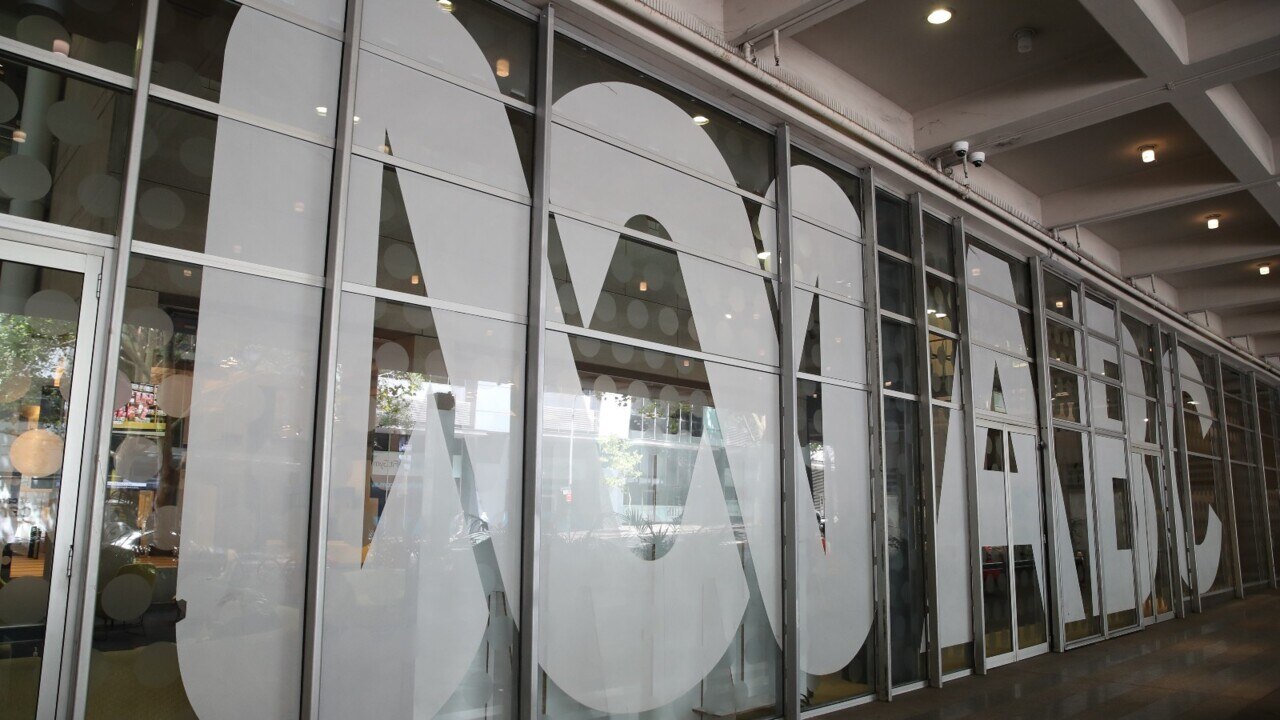ABC jobs to go amid fallout from false claims aired in the Juanita Nielsen series
There are serious concerns within ABC management and at board level over the false allegations aired in the two-part Juanita Nielsen miniseries — and job losses are likely to result.

The serious editorial failings of the ABC’s recent TV crime and podcast series about the 1975 disappearance of journalist Juanita Nielsen are likely to result in job losses at the national broadcaster.
Sources have told The Australian there have been discussions at management and board level as to who is ultimately responsible for allowing questionable material in the two-part miniseries, Juanita: A Family Mystery, to go to air.
Both TV episodes, which aired in September, were subsequently removed from the ABC’s online streaming platform iview after new information emerged that discredited some of the bombshell claims made in the series.
The Australian understands senior figures within the ABC are aghast at the latest failure of the organisation’s editorial checks and balances – especially as the errors have been exposed so soon after the taxpayer-funded broadcaster was embarrassed by the critical assessment of another of its true-crime investigations, into a fire that killed seven people at Sydney’s Luna Park in 1979.
The ABC declined to comment.
Last month an independent review into Exposed: The Ghost Train Fire found it was misleading and wrongly implied a relationship between underworld figure Abe Saffron and former NSW premier Neville Wran.
Nielsen was the founder of alternative newspaper NOW, and was last seen alive on July 4, 1975 at the Carousel Club in Sydney’s Kings Cross, which was owned by Saffron.
The Nielsen miniseries aired allegations from retired lawyer John Innes, who claimed he was placed in Long Bay Gaol as an undercover investigator to extract information from Eddie Trigg – an associate of Saffron – about Nielsen’s disappearance.
Trigg was convicted in 1977 over a failed attempt to kidnap Nielsen four days before she disappeared, and was later jailed for conspiring to murder her. But no one has ever been charged with her murder.
Innes told the ABC’s program: “I know exactly where she was killed, how she was killed, who killed her, how much they got paid and who paid him.”
Innes was unknown to the police investigation until the first podcast aired in August – he had provided information only at the 1983 inquest into her disappearance about $70,000 purportedly being set aside for Trigg in exchange for a guilty plea.
Innes’s name was suppressed at the time and the evidence was rejected.
Just three weeks after the Nielsen series aired, the ABC issued an apology and said new information had come to light “casting serious doubt on some of Innes’ claims”.
In the series, two of Nielsen’s relatives investigated the case, including the program’s lead host Keiran McGee (Nielsen’s niece) who is also a producer at WildBear Entertainment. The series was produced by WildBear together with the ABC, and its promotion remains on the production company’s Facebook page.
Author Peter Rees, who has followed the cold case for 46 years and wrote the book Killing Juanita, which won the 2004 Ned Kelly award for True Crime, said the public broadcaster needed to overhaul the way it produced true crime series.
“There’s certainly a need for a reassessment of the way the facts around true crime are handled by the ABC,” he said.
“You really just can’t say that you’re reporting facts without checking them … There’s got to be some sort of analysis and confirmation that the allegations being aired have some credence.”
The Canberra-based journalist said the focus needed to return to looking at “the slim chance of finding Juanita’s body”.
NSW Police told The Australian it was approached by the makers of the Nielsen miniseries, but “declined to be involved in the production”.
It had “no comment to make in regard to Mr Innes”.
A $1m reward was announced in June this year for information regarding Nielsen’s disappearance.




To join the conversation, please log in. Don't have an account? Register
Join the conversation, you are commenting as Logout